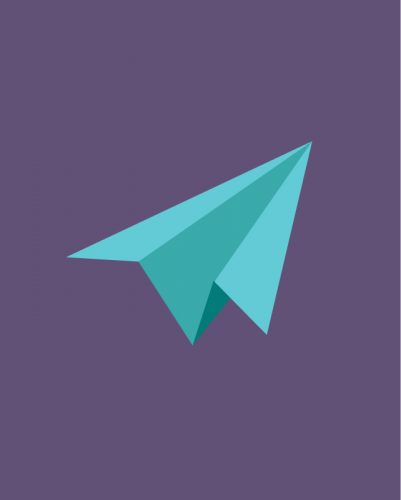In this role you become an expert at what’s involved in medical treatments without ever carrying out an operation. You’ll be relied upon for the detailed knowledge you have of every aspect of treatment. You’ll also be responsible for sticking to strict requirements and deadlines, set by the NHS, and the World Health Organisation.
Every time a patient has a hospital appointment, information is gathered on their medical condition and how they’ve responded to treatment. Their individual data becomes part of a mass of data which is used for important analysis.



